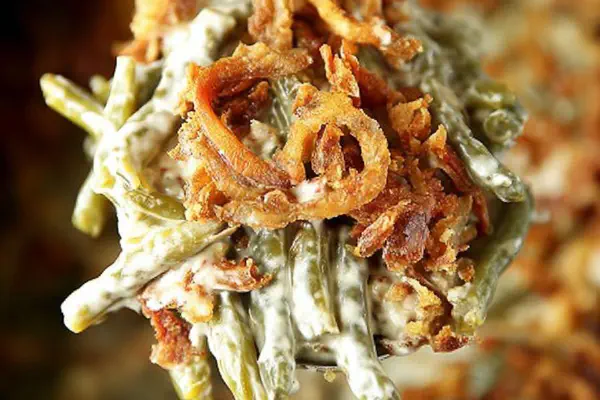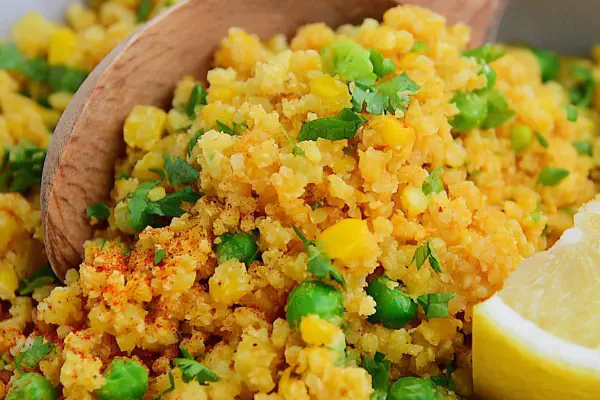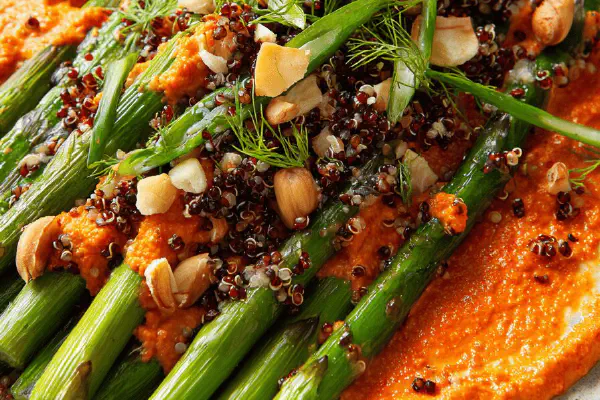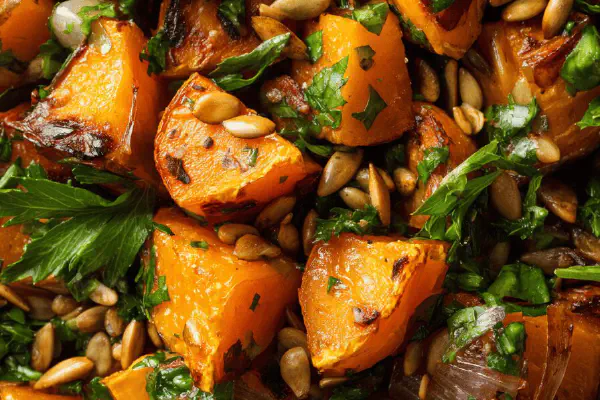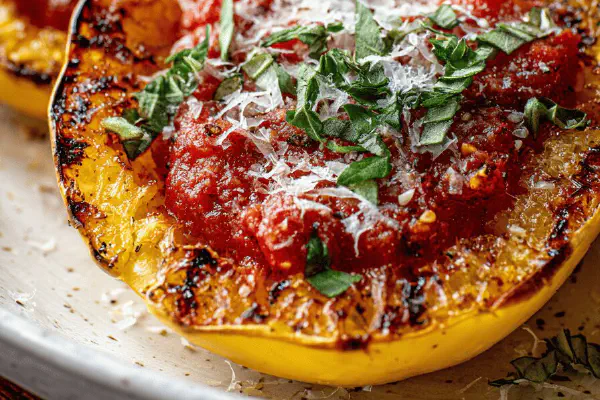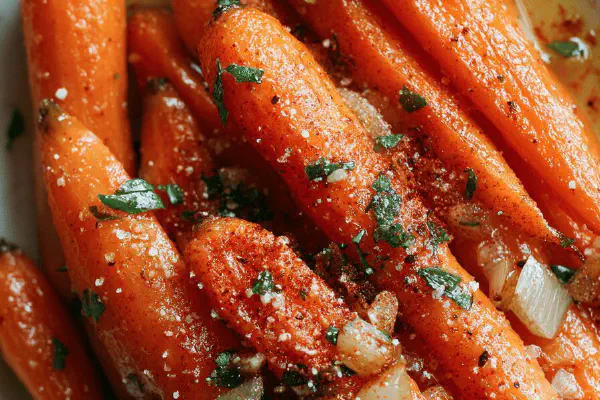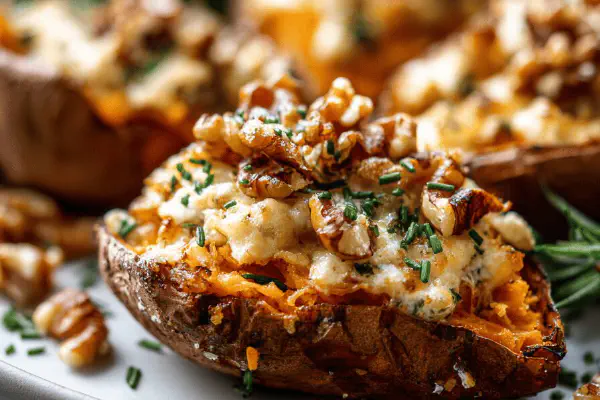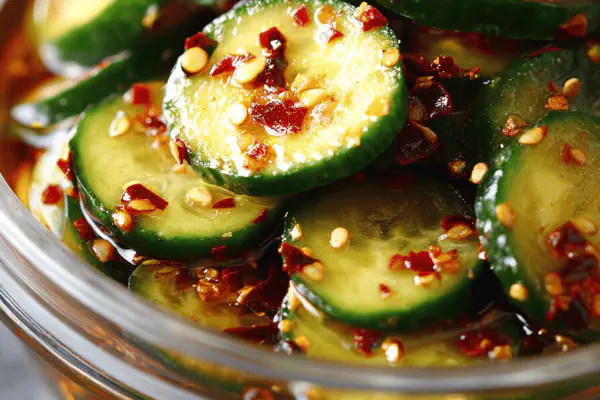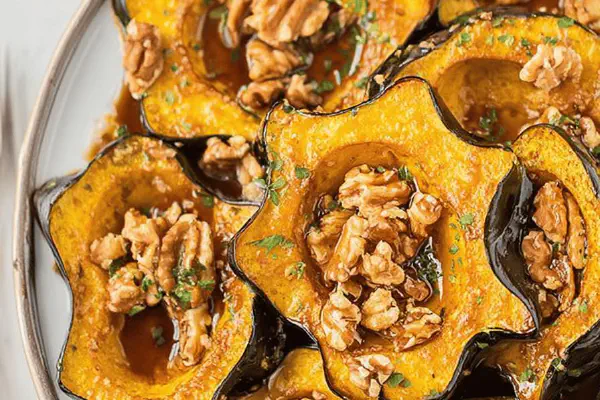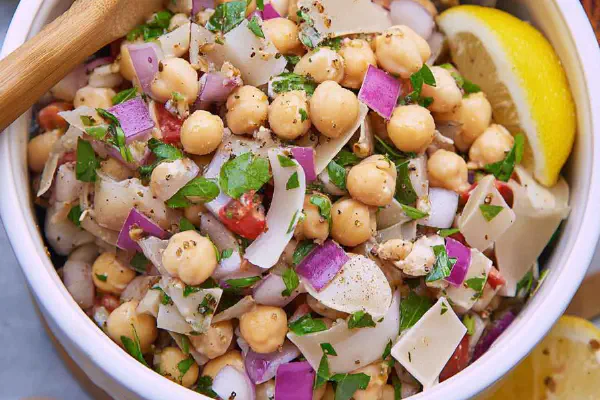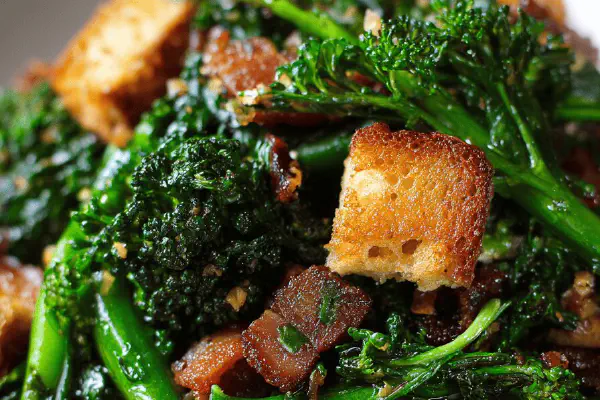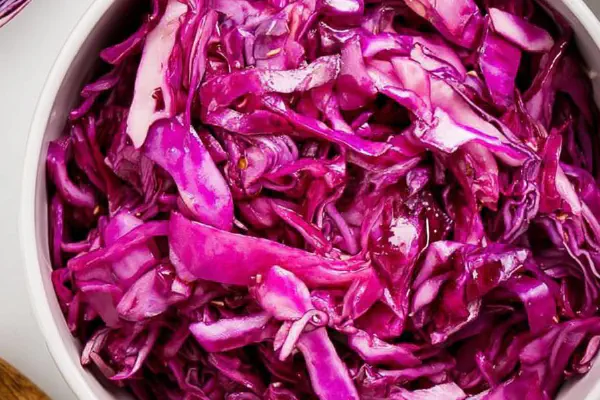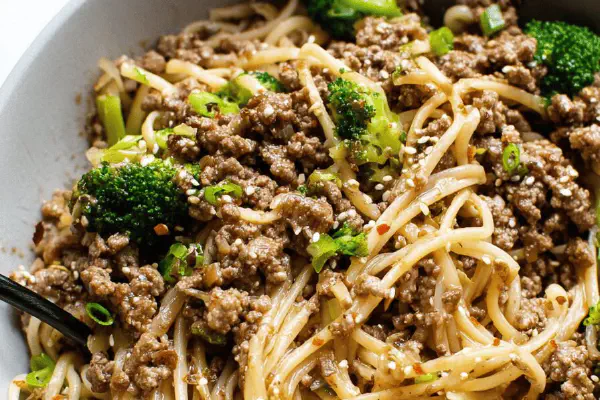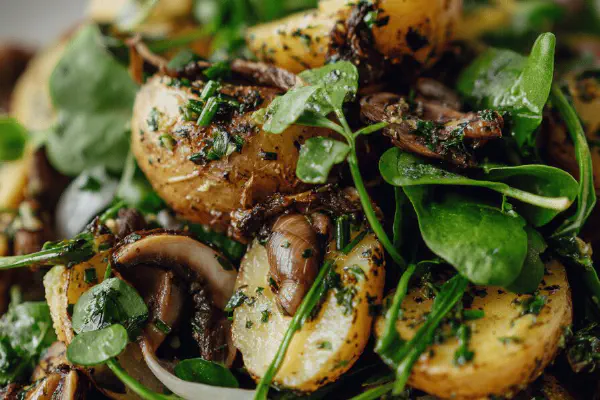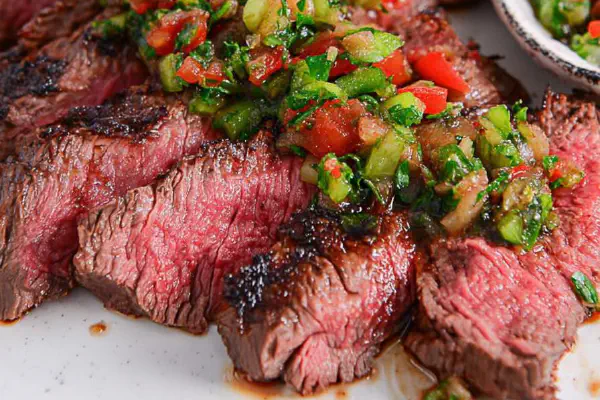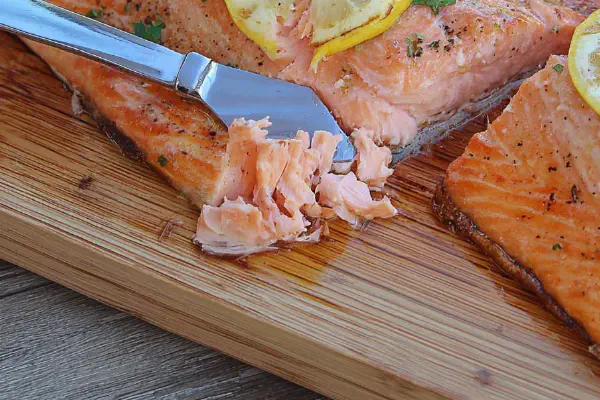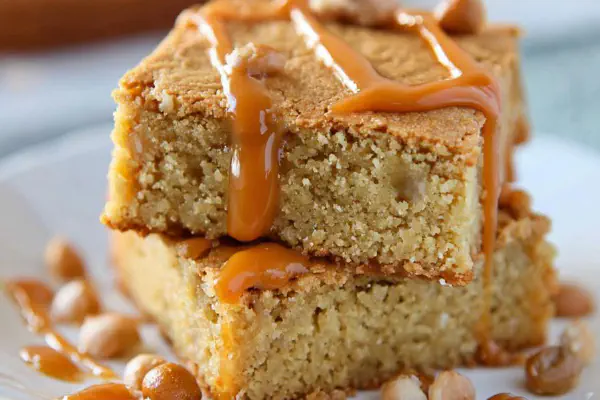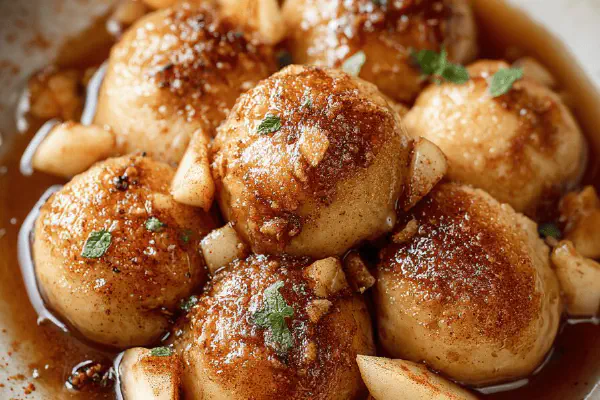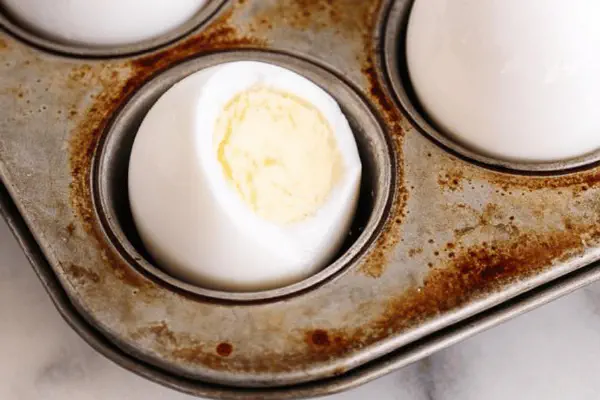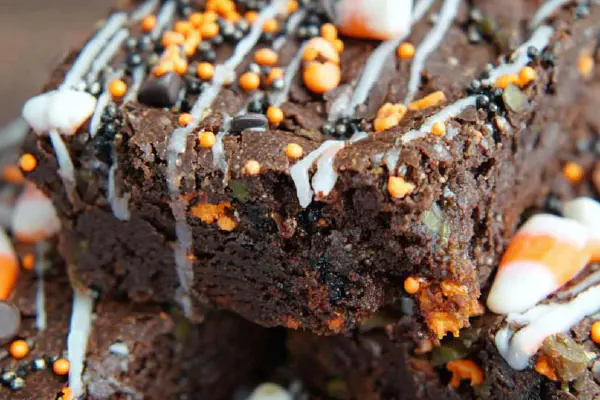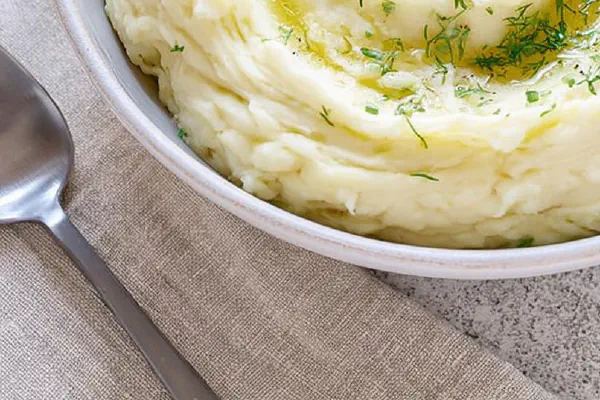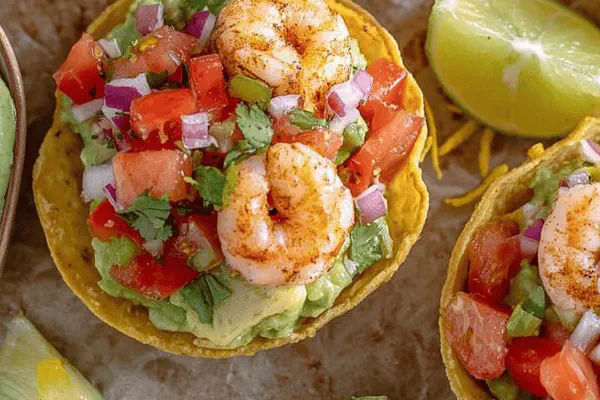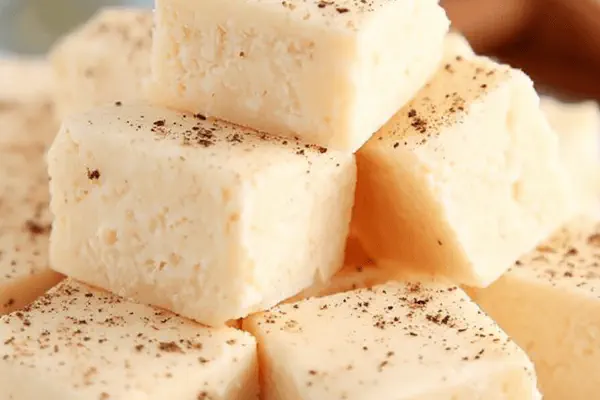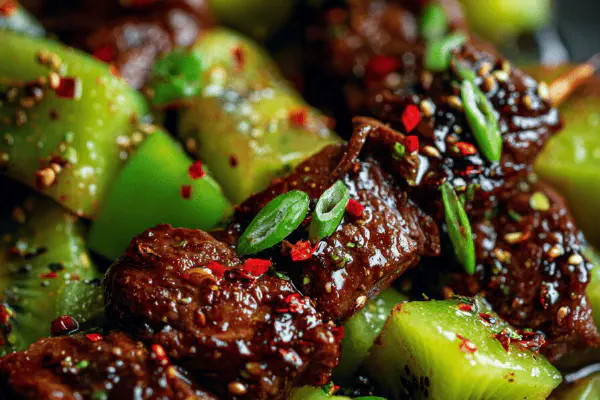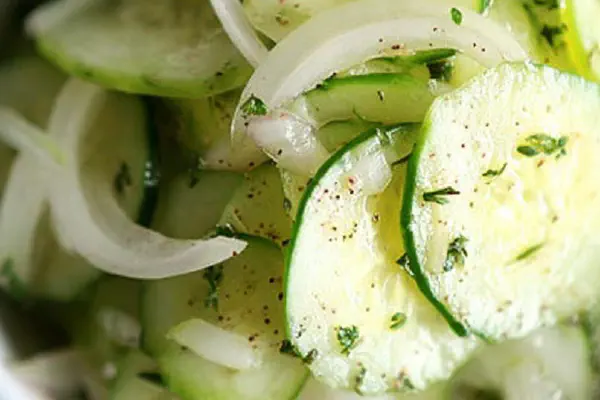
Roasted Jerusalem Artichokes Twist
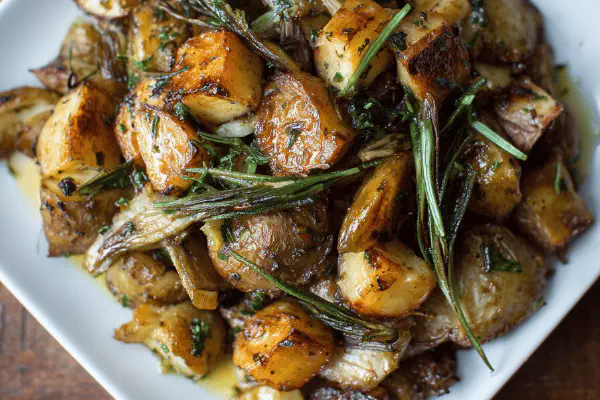
By Emma
Certified Culinary Professional
Before You Start
Ingredients
- 950 g Jerusalem artichokes, scrubbed well
- 25 ml browned butter or vegan butter alternative
- 30 ml fresh tarragon, finely chopped
- Salt and freshly ground black pepper
In The Same Category · Side Dishes
Explore all →About the ingredients
Method
- 1. Set your oven rack in the middle position and preheat to 210 °C (around 410 °F). Higher temp helps caramelization but watch closely.
- 2. Trim and halve Jerusalem artichokes if medium to large size. Small ones can roast whole - like finger potatoes. Uneven sizes? Expect uneven cooking—stir more often.
- 3. Heat an ovenproof skillet over medium heat; melt browned butter (vegan butter works too here, but real butter gives nuttier flavor). Toss in artichokes; sauté gently 6 to 7 minutes until they start to soften and get a light golden crust. Important: this jump-start cooks edges instead of soggy bottoms.
- 4. Season with salt and pepper while cooking in the pan — seasoning early helps flavors deepen. A sprinkle of smoked salt works well if you like a subtle smoky hit.
- 5. Transfer skillet directly into the hot oven. Roast 45 to 50 minutes total, stirring every 12 to 15 minutes—look for golden-blistered spots, a rich caramel color, and aroma shifting from raw earthiness to sweet nuttiness. Firm to tender when squeezed with tongs.
- 6. Remove from oven. Toss with fresh tarragon while still warm; the warm fat helps release herbal aromas. Serve immediately—texture changes if held too long.
- 7. Pairs nicely with roasted meats or slow-braised rabbit. For plant-based, add crushed garlic cloves at step 3 for depth or a splash of lemon zest right before serving to brighten.
Cooking tips
Chef's notes
- 💡 Scrub Jerusalem artichokes obsessively. Dirt hides in every nook; skip peeling unless skin is tough. Crisps up nicely with skin on. Cut similar sizes to help even roasting; uneven chunks mean you’ll stir more often and keep eyes on caramel spots.
- 💡 Brown butter first; it adds nuttiness no vegan butter can fully mimic but alternative works for lactose issues. Heat skillet medium, stir often to avoid scorch but get that crust. Sauté artichokes gently till golden edges appear, not soggy or raw.
- 💡 Salt early and often, not just at end. Salt penetrates better when in pan, starting flavor build deep inside. Smoked salt works well for smoky notes, but regular is fine. Salt timing changes texture and final taste, don’t skip.
- 💡 Roast at high temp 210°C but watch carefully, caramelization can swing fast. Turn artichokes every 12 to 15 mins, patchy caramel = amateur hour. Use smell and tactile testing too. Aroma shifts earthy raw to sweet nutty, tender but still firm to slight squeeze, not mush.
- 💡 Add tarragon off heat while still warm fats cling; releases herbal oils better than adding cold. Crushing garlic in step 3 or lemon zest at service changes profile nicely. For plant-based, vegan butter and garlic boost flavor depth; skip butter for less richness but lose nuttiness.
Common questions
What’s best size for Jerusalem artichokes?
Medium chunks work best. Too small roast fast, get dry; big halves take longer, risk uneven doneness. Similar sized pieces are easier to manage. Stirring chunkier ones helps even cooking.
Can I substitute tarragon?
Yes. Parsley, dill, thyme all fine but lose anise hint. Tarragon adds distinct aroma you can’t fully replace. Fresh over dried works better for that lift. Swap per taste, but herbs change flavor balance.
What if artichokes release too much water?
Patience or batch roasting. Overcrowding traps moisture; artichokes steam, no crisp. Dry them well after washing, roast in single layer. If soggy, try pre-roasting in skillet longer, get initial crust.
How store leftovers?
Cool quickly, refrigerate airtight. Reheat in hot skillet to revive crisp edges; microwave ruins texture. Eat within 2 days max. Can freeze but lose crispness; reheat gently. Avoid soggy cold storage.
